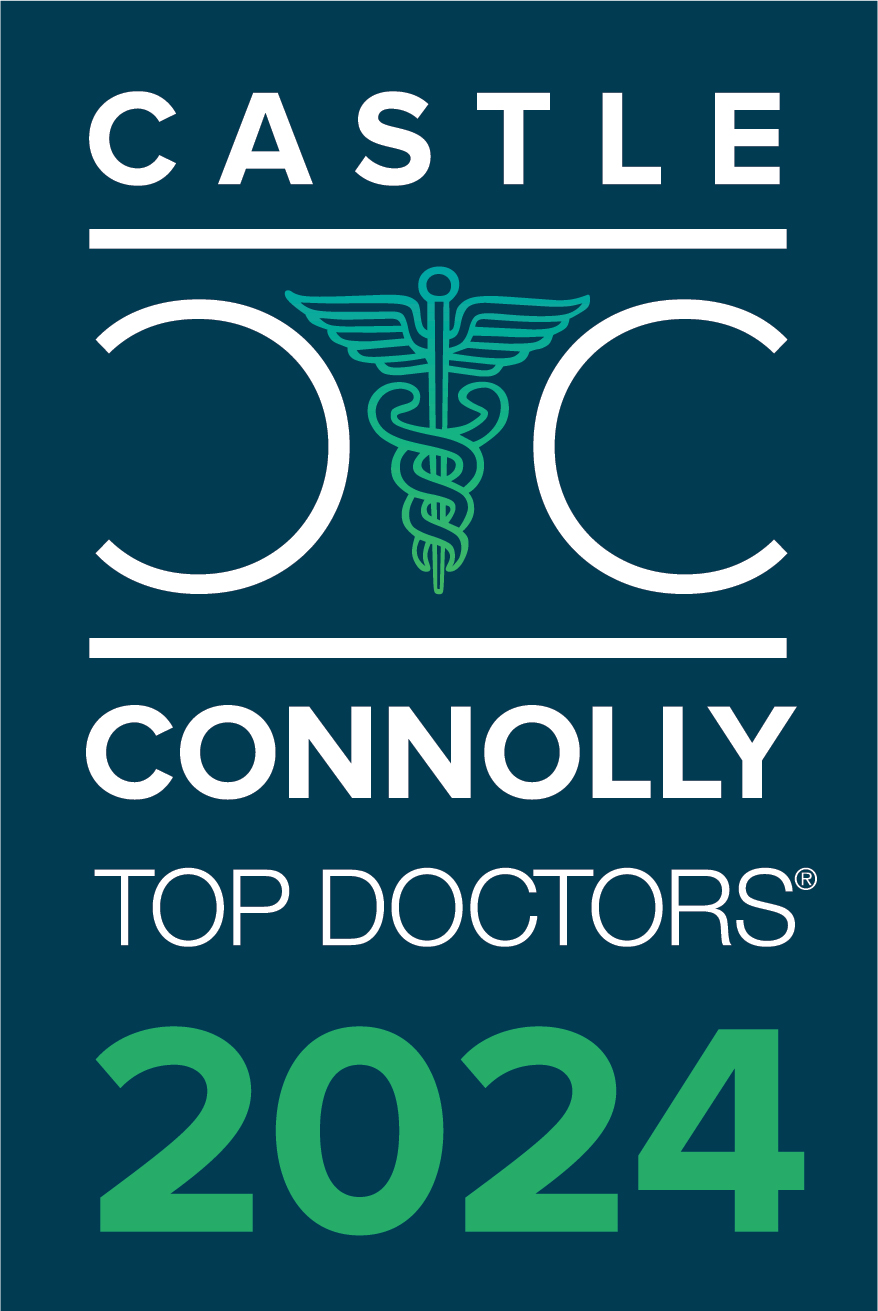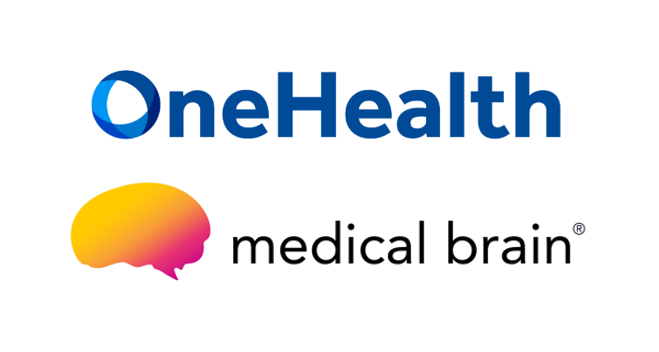
In the world of healthcare, where complexity often leads to confusion and increased costs, One Health stands out. We do this by championing a model of integrated care that not only enhances the patient experience but also contributes to more efficient and effective healthcare delivery. This integration is vital in creating a healthcare journey that feels cohesive, comprehensive, and centered around the patient’s needs. At One Health integration is not just a distant concept. It is a core value of our organization and is why our patients trust us in their healthcare journey.
The Challenge of Fragmentation in Healthcare
The traditional healthcare model often operates in silos, with primary care providers, specialists, and hospitals functioning independently of one another. This fragmentation can lead to a host of issues for patients. These can include repeated histories, redundant tests, and the constant need to bridge communication gaps between various care providers. Patients frequently feel like they’re navigating a maze, with no clear guide.
One Health’s Solution: Integrated Care
At One Health, we believe that integrated care is the antidote to the fragmented healthcare systems prevalent today. Our approach ensures that primary care providers are not just the gatekeepers of your healthcare. Here they are central figures in your healthcare narrative. By fostering direct and open lines of communication between primary care physicians, specialists, and hospitals, we ensure that everyone on our patients’ healthcare team is on the same page.
1. Enhanced Communication
Our system enables primary care physicians to play a crucial role as patient advocates, ensuring that information flows seamlessly between different healthcare providers. When a primary care physician is integrated in with specialists, they exchange vital health information in real-time. This means less repetition of medical history and tests for patients and more accurate and timely diagnosis and treatment.

2. Continuity of Care
One Health’s integrated care model ensures continuity. This makes transitions from primary care to specialist treatments smoother and less stressful for patients. This continuity extends into hospital visits when necessary, with primary care physicians playing a pivotal role in coordinating care, even in these settings. This significantly improves the quality of care, patient satisfaction, and health outcomes.
3. Patient-Centered Approach
Our model places patients at the heart of healthcare. By integrating services, we ensure that each patient’s journey through the healthcare system is as smooth and efficient as possible. This patient-centered approach not only enhances the patient experience but also builds trust and satisfaction, contributing to better overall health and wellbeing.
4. Wrap Around Services
Our integrated model facilitates streamlined access to specialist care when needed. With our partners at Atrium Health and Mind Healthy, our providers are able to create a team of specialists dedicated to each patient’s individual health and well being. Patients can be at peace knowing that every provider on our team hears them. This means that if you come to your family practitioner and you mention extreme fatigue, your provider may connect you with one of our partners at Atrium Health, Mind Healthy, or another partner to help provide you complete and total care.
The Benefits of Integrated Care and Wrap around services
The benefits of our integrated care approach at One Health are profound:
- Reduced Healthcare Costs: By eliminating redundant tests and uncoordinated care, we significantly reduce unnecessary expenditures.
- Improved Patient Experience: Patients enjoy more streamlined care without the need to recount their medical history repeatedly or coordinate their own care across multiple providers.
- Better Health Outcomes: With a cohesive team approach, health outcomes improve as the entire healthcare team understands the full picture of a patient’s health status.
- An all encompassing approach: With this approach patients are able to mention all symptoms without fear of being ignored just because a symptom doesn’t pertain to that specialist’s field of study. Patients leave our facilities feeling valued and heard.
Conclusion
One Health’s commitment to integrated care represents a proactive approach to solving the inefficiencies and patient frustrations associated with traditional healthcare models. We ensure that the patient’s journey through the healthcare system is not only more coherent but also more compassionate and patient-focused. With One Health, patients feel connected, cared for, and confident in the care they receive.








